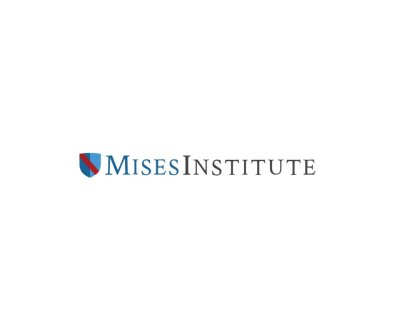My private nondelegation article and Reason Foundation amicus brief cited in FCC v. Consumers’ Research
Thanks to Eugene for blogging about Justice Jackson’s shout-out, in FCC v. Consumers’ Research, to my Notre Dame Law Review article, The Myth of the Federal Private Nondelegation Doctrine. (I’m in Paris today and just saw Notre Dame from the top of the Eiffel Tower a few hours ago, so this makes sense.) He quoted her already, but I’ll do it again:
I write separately to express my skepticism that the private nondelegation doctrine—which purports to bar the Government from delegating authority to private actors—is a viable and independent doctrine in the first place. Nothing in the text of the Constitution appears to support a per se rule barring private delegations. And recent scholarship highlights a similar lack of support for the doctrine in our history and precedents. See, e.g., A. Volokh, The Myth of the Federal Private Nondelegation Doctrine, 99 Notre Dame L. Rev. 203 (2023).
But I also wanted to note that the amicus brief that I wrote for the Reason Foundation (which publishes Reason Magazine and hosts this blog, and where I worked for four years before grad school, from 1994 to 1998) also got quoted twice, in Justice Gorsuch’s dissent. Here’s what Justice Gorsuch has to say on the matter, in his footnote 6:
Before proceeding further, note some of the questions this case does not present. . . . Second, the Administrative Company’s directors overwhelmingly represent entities with a financial stake in expanding universal service: those who benefit from un
Article from Reason.com

The Reason Magazine website is a go-to destination for libertarians seeking cogent analysis, investigative reporting, and thought-provoking commentary. Championing the principles of individual freedom, limited government, and free markets, the site offers a diverse range of articles, videos, and podcasts that challenge conventional wisdom and advocate for libertarian solutions. Whether you’re interested in politics, culture, or technology, Reason provides a unique lens that prioritizes liberty and rational discourse. It’s an essential resource for those who value critical thinking and nuanced debate in the pursuit of a freer society.

![“any-lawyer-unaware-that-[generative-ai-research]-is-playing-with-fire-is-living-in-a-cloud” “any-lawyer-unaware-that-[generative-ai-research]-is-playing-with-fire-is-living-in-a-cloud”](https://libertarianguide.com/wp-content/uploads/385007-any-lawyer-unaware-that-generative-ai-research-is-playing-with-fire-is-living-in-a-cloud-1024x858-394x330.jpeg)

